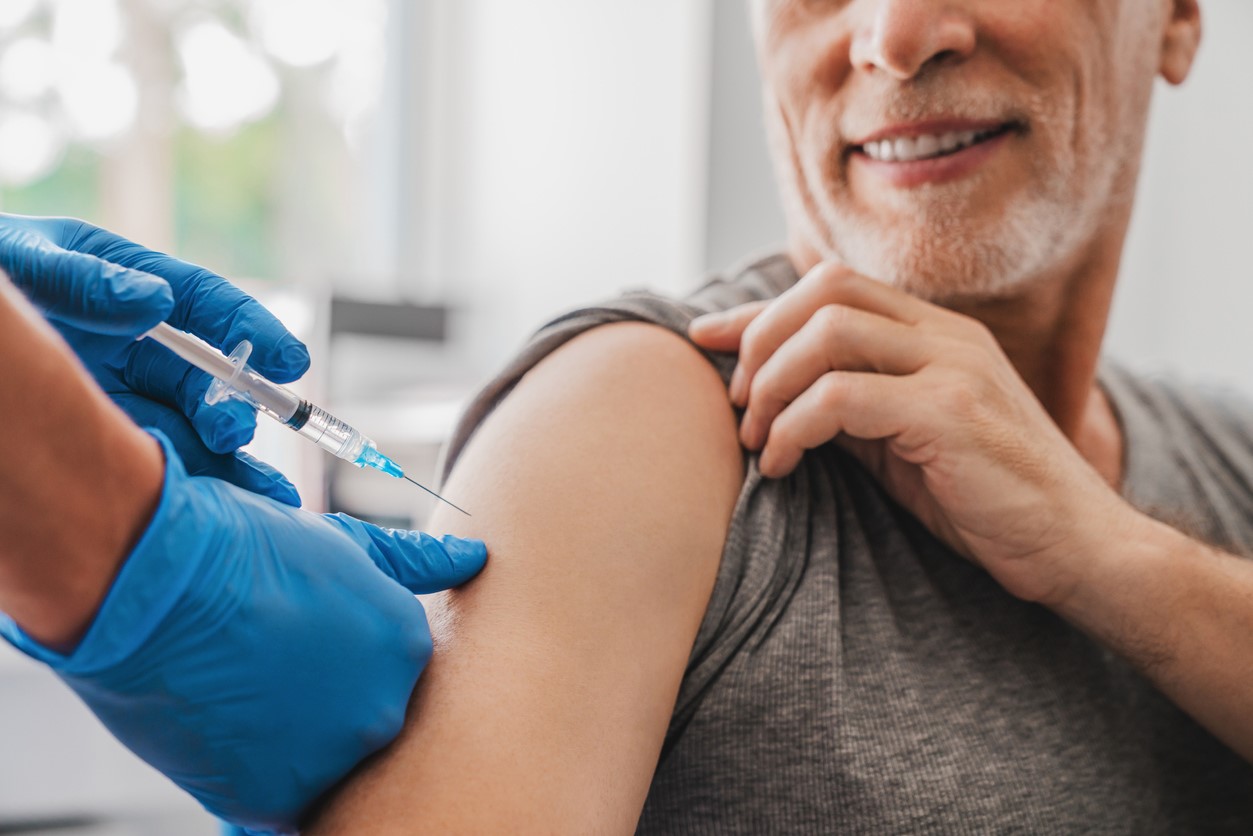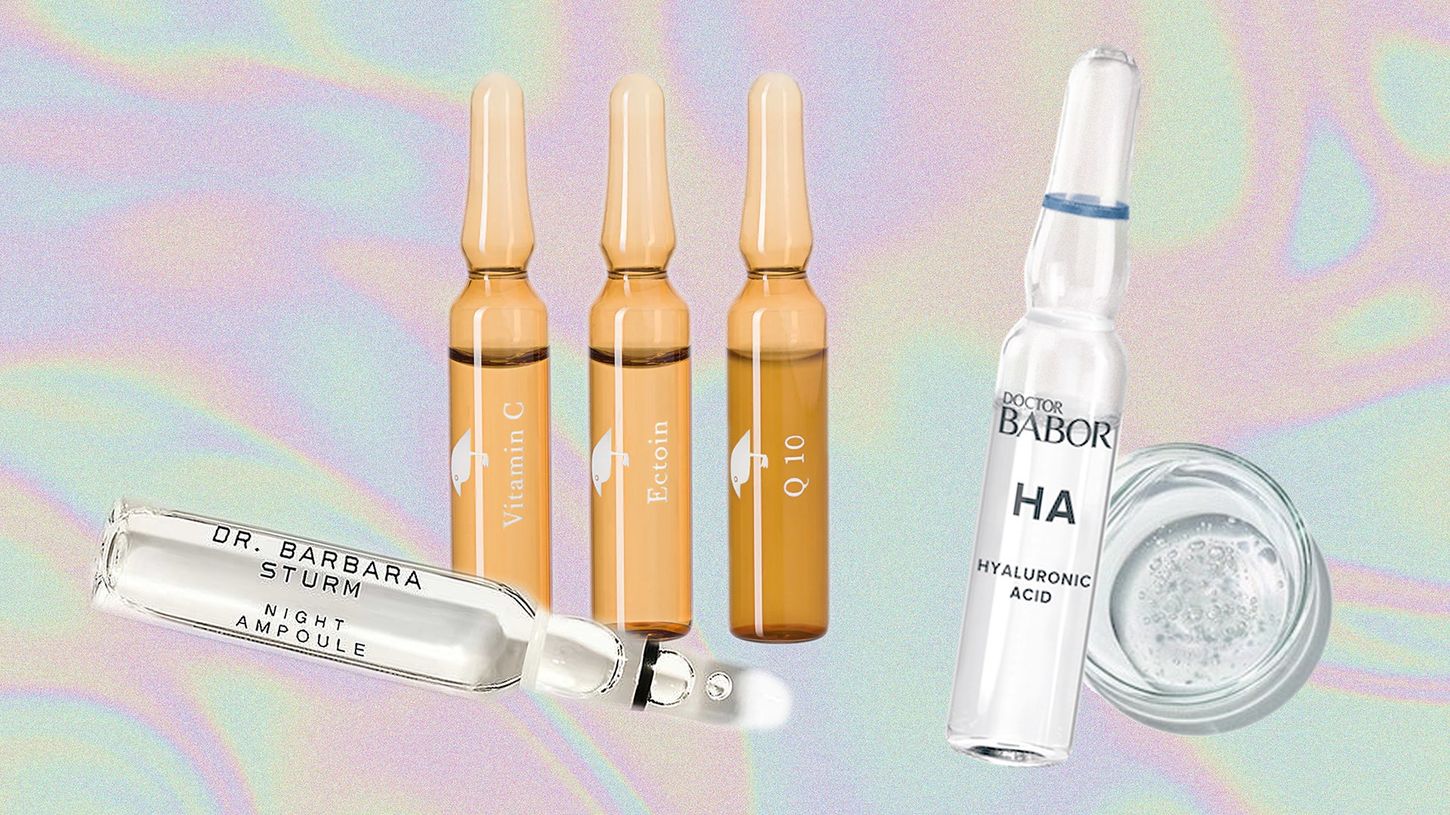
Shingles is a painful rash caused by the varicella-zoster virus, the same virus responsible for chickenpox. If you've had chickenpox, the virus can reactivate later in life as shingles. Vaccination is a powerful tool to prevent this condition. But what exactly do you know about the shingles vaccine? Is it effective? Who should get it? Are there side effects? In this post, we'll dive into 30 essential facts about the shingles vaccine, answering these questions and more. Whether you're considering getting vaccinated or just curious, these facts will provide the information you need. Let's get started!
What is the Shingles Vaccine?
The shingles vaccine helps prevent shingles, a painful rash caused by the varicella-zoster virus. This virus also causes chickenpox. Once someone has had chickenpox, the virus stays dormant in the body and can reactivate later in life as shingles.
-
Shingles Vaccine Types: There are two types of shingles vaccines: Zostavax and Shingrix. Shingrix is the preferred vaccine due to its higher effectiveness.
-
FDA Approval: Shingrix was approved by the FDA in 2017. It replaced Zostavax as the recommended vaccine.
-
Effectiveness: Shingrix is over 90% effective at preventing shingles and postherpetic neuralgia (PHN) in adults aged 50 and older.
-
Dosage: Shingrix requires two doses, given 2 to 6 months apart, to ensure maximum effectiveness.
Who Should Get the Shingles Vaccine?
Not everyone needs the shingles vaccine, but certain groups are highly recommended to get it. Understanding who should get vaccinated can help prevent the spread and complications of shingles.
-
Age Recommendation: The CDC recommends the shingles vaccine for adults aged 50 and older.
-
Previous Shingles: Even if someone has had shingles before, they should still get vaccinated to prevent future occurrences.
-
Chickenpox History: Those who have had chickenpox are at risk for shingles and should consider vaccination.
-
Weakened Immune System: People with weakened immune systems, such as those undergoing chemotherapy, should consult their doctor about getting vaccinated.
Benefits of the Shingles Vaccine
The shingles vaccine offers numerous benefits beyond just preventing the rash. It can significantly improve quality of life for older adults.
-
Prevents PHN: One of the most painful complications of shingles is PHN, which the vaccine helps prevent.
-
Reduces Hospitalizations: Vaccinated individuals are less likely to be hospitalized due to severe shingles complications.
-
Improves Quality of Life: By preventing shingles, the vaccine helps maintain a better quality of life for older adults.
-
Cost-Effective: Preventing shingles and its complications can save money on medical treatments and hospital visits.
Side Effects of the Shingles Vaccine
Like any vaccine, the shingles vaccine can cause side effects. Knowing what to expect can help manage any discomfort.
-
Common Side Effects: Pain at the injection site, redness, and swelling are common side effects.
-
Flu-like Symptoms: Some people may experience fatigue, muscle pain, or fever after getting vaccinated.
-
Severe Reactions: Severe allergic reactions are rare but possible. Seek medical attention if experiencing difficulty breathing or swelling of the face.
-
Duration of Side Effects: Most side effects are mild and go away within a few days.
How to Get the Shingles Vaccine
Getting vaccinated is straightforward, but there are a few steps to follow to ensure the process goes smoothly.
-
Doctor's Recommendation: Consult a healthcare provider to determine if the shingles vaccine is appropriate.
-
Pharmacies: Many pharmacies offer the shingles vaccine without a prescription.
-
Insurance Coverage: Most insurance plans, including Medicare, cover the cost of the shingles vaccine.
-
Appointment Scheduling: Schedule both doses in advance to ensure timely vaccination.
Myths About the Shingles Vaccine
There are many misconceptions about the shingles vaccine. Clearing up these myths can help more people make informed decisions.
-
Myth: Only Older Adults Need It: While it's recommended for those 50 and older, younger adults with certain conditions may also benefit.
-
Myth: It's Not Effective: Shingrix has proven to be highly effective in preventing shingles and its complications.
-
Myth: It Causes Shingles: The vaccine cannot cause shingles. It helps prevent it.
-
Myth: One Dose is Enough: Shingrix requires two doses for full effectiveness.
Shingles Vaccine and COVID-19
With the ongoing pandemic, many wonder how the shingles vaccine interacts with COVID-19 vaccines.
-
Timing: It's safe to get the shingles vaccine before, after, or at the same time as the COVID-19 vaccine.
-
No Interference: The shingles vaccine does not interfere with the effectiveness of the COVID-19 vaccine.
-
Consult Healthcare Providers: Always consult a healthcare provider for personalized advice on vaccine timing.
Future of Shingles Vaccination
Research and development continue to improve shingles vaccines. The future looks promising for even better prevention methods.
-
New Vaccines: Researchers are working on new vaccines that may require fewer doses or offer longer-lasting protection.
-
Global Access: Efforts are being made to make the shingles vaccine more accessible worldwide.
-
Ongoing Studies: Continuous studies aim to understand the long-term benefits and potential improvements of the shingles vaccine.
Staying Protected Against Shingles
Getting the shingles vaccine can make a big difference in your health. Shingles, caused by the same virus as chickenpox, can lead to painful rashes and complications. The vaccine significantly reduces the risk of developing shingles and its severe effects.
Most people over 50 should consider getting vaccinated. It's especially important for those with weakened immune systems or chronic conditions. The vaccine is generally safe, with mild side effects like soreness or redness at the injection site.
Talk to your healthcare provider about the best time to get vaccinated. Staying informed and proactive can help you avoid the discomfort and potential complications of shingles. Protecting yourself with the shingles vaccine is a smart move for long-term health. Don't wait until it's too late—take action now and stay protected.
Was this page helpful?
Our commitment to delivering trustworthy and engaging content is at the heart of what we do. Each fact on our site is contributed by real users like you, bringing a wealth of diverse insights and information. To ensure the highest standards of accuracy and reliability, our dedicated editors meticulously review each submission. This process guarantees that the facts we share are not only fascinating but also credible. Trust in our commitment to quality and authenticity as you explore and learn with us.


